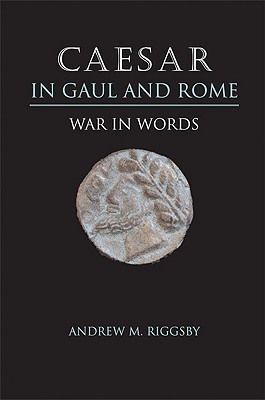What do you think?
Rate this book


286 pages, Hardcover
First published July 1, 2006
“Softness is one of the most important stereotypical characteristics of the feminine in Roman culture. . . . Thus Critognatus offers not only an alternative description of the opposing plan, but one that suggests that the justification for that plan by appeal to virtus is incoherent. Anything that is “soft” in its particular circumstance could not possible count as virtus, whatever the usual value placed on physical courage. Sometimes not fighting is more manly.”This modification of virtus as it is traditionally conceived in Roman literature serves Caesar’s purposes well in De Bello Gallico. First, Caesar the author goes to great lengths to demonstrate how the Gauls, in accordance with their stereotypical proclivity to borrow and imitate, adopt this modified, duty-oriented conception of virtus. Most explicitly, Vercingetorix attempts to fashion for the Gauls a “Romanized” pan-Gallic force that, rather than fight constantly and impulsively, responds obediently to his scorched earth policy to win the war. In this way, the Gauls become a more formidable opponent as the war progresses, accentuating Caesar’s victory and making it more dramatic. Moreover, while Vercingetorix fails to implement this sort of virtus-inflected discipline on his own, he implicitly validates that the Gauls are more suitable than the Germans for conquest. “Because the Gauls were good imitators,” Riggsby explains, “and because the crucial war-making skills [one of which is the learned skill of virtus] are imitable, they became the long-term prize.” Second, even more plainly, De Bello Gallico’s notion of virtus corresponds directly with Caesar’s leadership abilities. Insofar as virtus requires obedience and discipline, “the virtus of troops in De Bello Gallico depends on their preparation by the commander, on his ability to impose his will on them, and in many cases on his presence, real or virtual,” Riggsby writes. “If Caesar’s troops fight well, it is because Caesar has made them truly his own.” As is often the case with De Bello Gallico, a subtle literary move from Caesar the author makes Caesar the general look even better than the narrative superficially suggests.